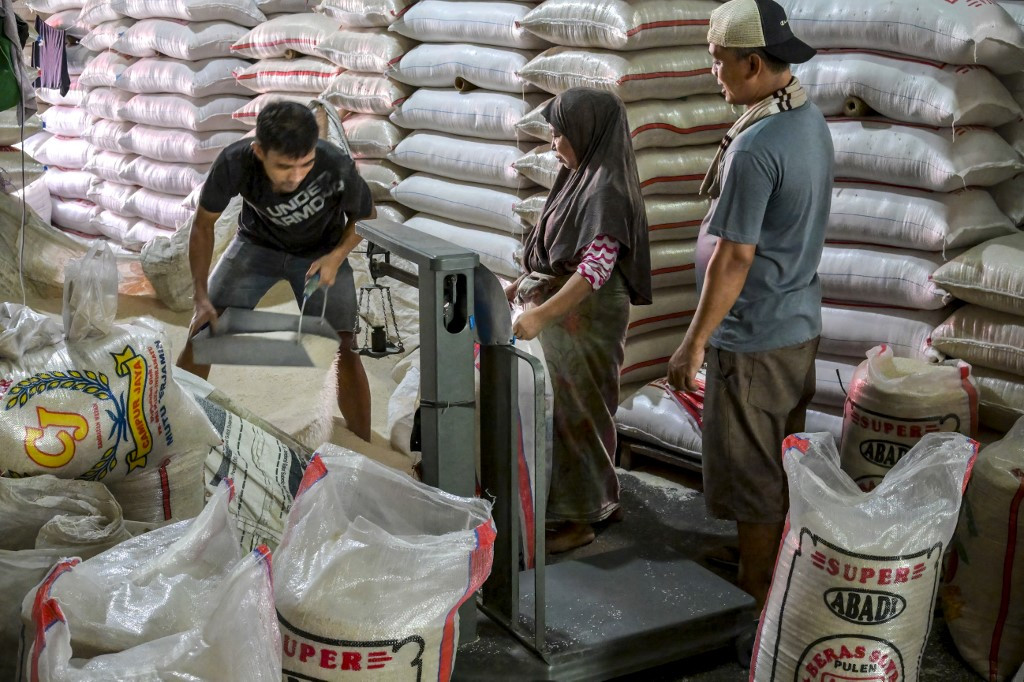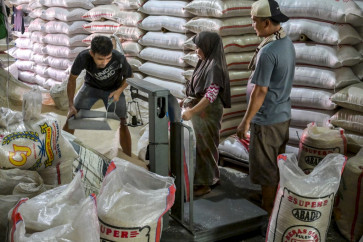Popular Reads
Top Results
Can't find what you're looking for?
View all search resultsPopular Reads
Top Results
Can't find what you're looking for?
View all search resultsHow Indonesia can still win post-Trump deal
Compared to its Southeast Asian neighbors, Indonesia emerged with the worst outcome. The Philippines and Vietnam secured nearly identical tariff rates, 19 percent and 20 percent, respectively, but gave up far less.
Change text size
Gift Premium Articles
to Anyone
L
ike it or not, United States President Donald Trump's bullying of Indonesia has worked. He applied a classic negotiation tactic: Demand the maximum, then settle for something still in your favor. While Indonesia celebrates a 19 percent tariff, down from the initially threatened 32 percent, the cost of this “victory” is dangerously high.
Compared to its Southeast Asian neighbors, Indonesia emerged with the worst outcome. The Philippines and Vietnam secured nearly identical tariff rates, 19 percent and 20 percent, respectively, but gave up far less.
The Philippines agreed to zero tariffs on US goods such as cars, pharmaceuticals, wheat and soy, and strengthened military ties. However, it avoided procurement obligations or surrendering digital sovereignty. Vietnam, under a 46 percent tariff threat, accepted 20 percent while preserving regulatory autonomy and avoiding major purchases from the US, committing only to prevent Chinese transshipment.
Indonesia gave away the most: It eliminated local content rules, lifted non-tariff barriers and committed to massive procurement, including 50 Boeing aircraft, US$15 billion in US energy products and $4.5 billion in agriculture imports.
More concerning, Indonesia agreed to relax its data localization policies, allowing US tech firms to transfer and store Indonesian citizens’ data abroad. This opens the door to US jurisdiction under laws like the CLOUD Act, compromising Indonesia’s digital sovereignty and long-term cybersecurity, something both Vietnam and the Philippines avoided.
Indonesia’s tariff rate remains higher than the 0-10 percent it once enjoyed under trade preferences. Meanwhile, American products, from planes to corn, can now flood the market with ease. Unlike Vietnam or the Philippines, Indonesia faces deeper long-term consequences.
This is not merely a trade misstep. It represents a broader erosion of sovereignty. Foreign pressure has reshaped Indonesia’s economic policies. While the government portrays this as diplomacy, it is in fact a retreat from national interests.



















